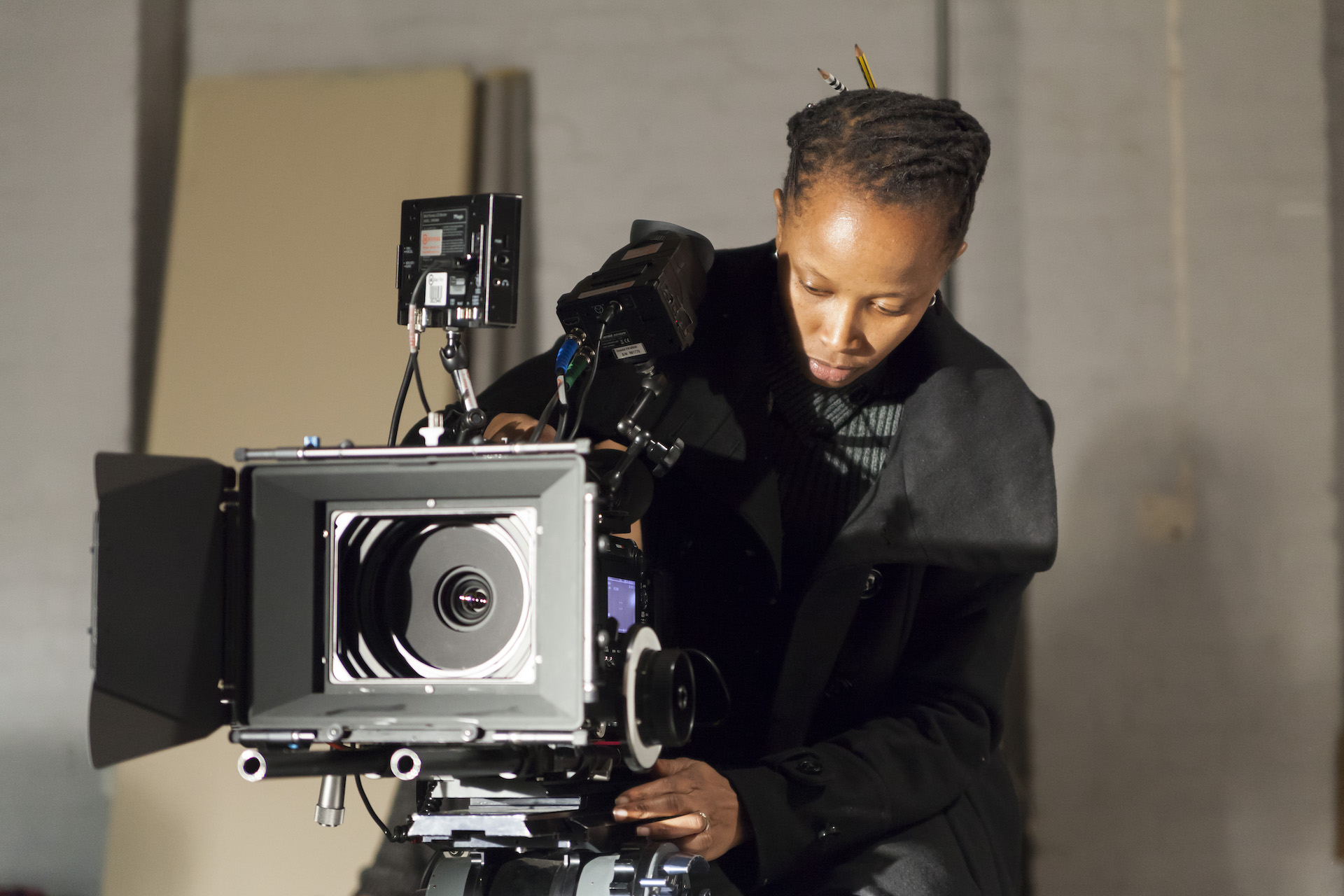Discover main tasks, what you need to be able to do and everything you need to understand to achieve them effectively.
Problem solve effectively when working on projects and productions
- Agree plans in advance with colleagues for how you can deal with unexpected contingencies when they arise
- Monitor your activities and progress so that you can spot any problems or changes as they occur
- Analyse, understand and spell out problems, and suggest and agree practical solutions to keep your project on track
- Come up with a few different possible solutions to problems that you and colleagues can choose between
- Report problems to colleagues or managers and get practical support in finding solutions
- How to spot actual and potential deviations from schedules and plans
- The kinds of unexpected events (including delays) which may come up on projects and productions, and practical ways of dealing with them
- How to adapt your work and plan solutions to deal with unexpected events and issues
- How to respond positively to change
- How to develop confidence to make decisions even when very little information is available
- The importance of focusing on solutions rather than problems
Deal with problems effectively with colleagues, partners, suppliers, clients and customers
- Inform others promptly of any difficulties or problems with completing tasks and agree alternative actions with them
- Work together to identify alternative approaches to deal with changes in requirements or available resources
- Take account of other people’s views and concerns, sharing your different priorities, expectations and attitudes
- Anticipate and proactively communicate changes in plans to address issues and problems to partners, clients or customers
- Deal proactively with clients’ or customers’ complaints or problems
- Support junior colleagues where appropriate in addressing problems and coming up with solution
- The planning, decision-making processes and supplier relationships across different teams, departments and organisations
- The importance of considering the needs of other teams and organisations in your own thinking, planning and decision-making
- Practical ways to consult with colleagues, partner organisations and suppliers on key decisions and activities to address problems
- How to get your own point of view across even when communicating with more senior or experienced colleagues
- How to positively communicate problems and necessary changes in plans and a project
- The risks of over-promising or acting solely for the short term in relationships with others, when dealing with problems
Advanced: deal with problems with costs or budgets
- Identify and record potential problems and situations that could affect costs or budget plans
- Spot the causes of any significant changes in costs or budgets from what was planned, and take prompt actions to address the problem
- Propose amendments to budgets, if necessary, to respond to changes and unexpected issues
- Get agreement or approval from relevant colleagues or managers for any changes to budget plans
- The different types of practical actions you can take to address changes in costs and budgets
- How unexpected situations on productions or projects can affect a budget and how to deal with them
- Who to keep informed about issues that could affect costs and budgets
- How to negotiate, agree and record changes to budgets
- Who needs to agree revisions to budgets
Download all Problem solving competencies to explore them anytime.
See these other related competencies:
